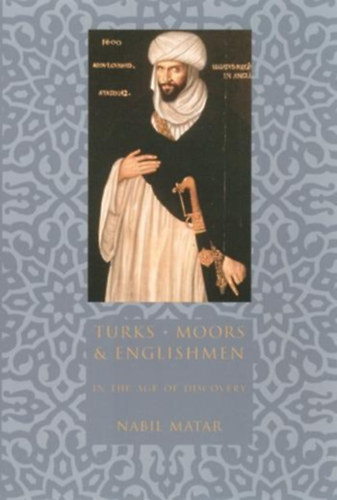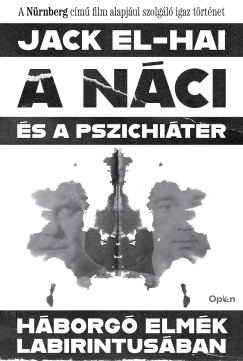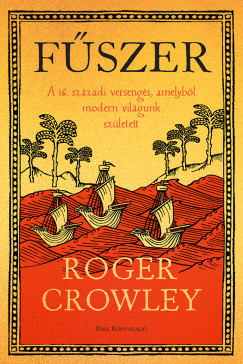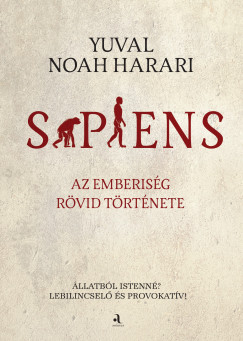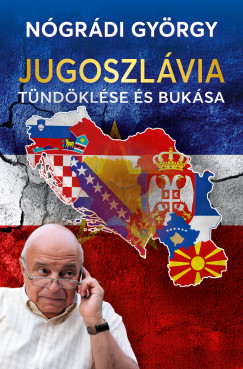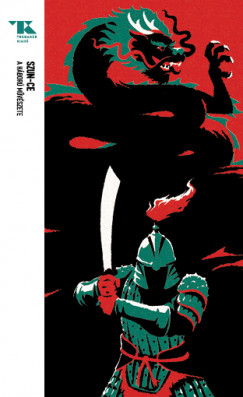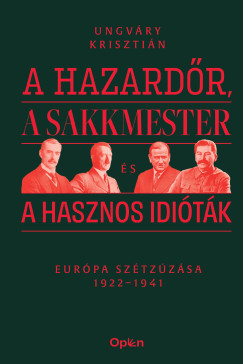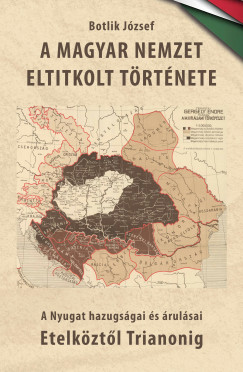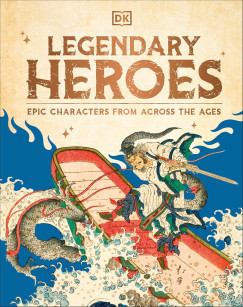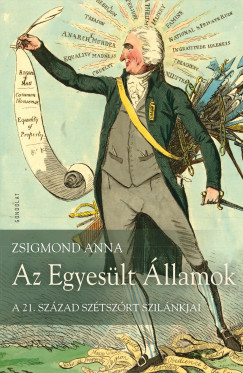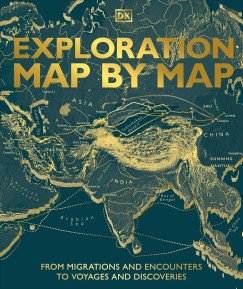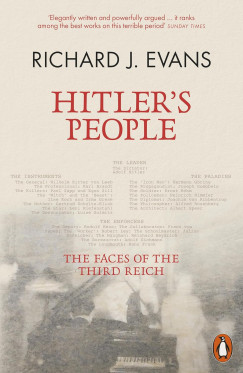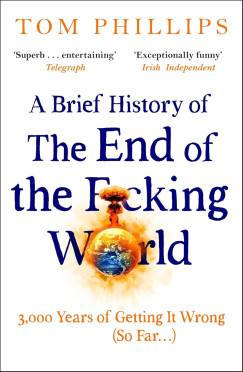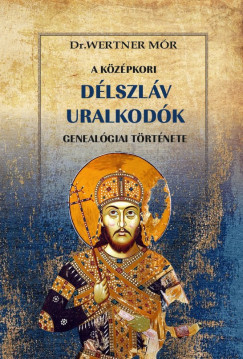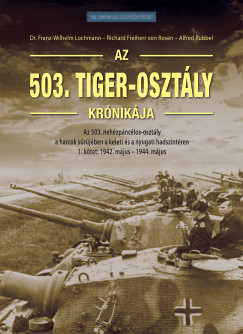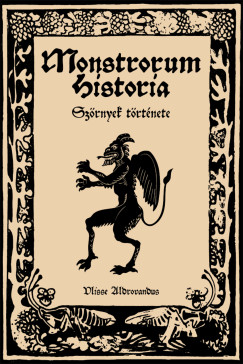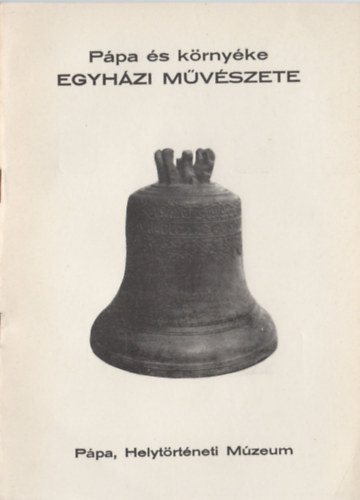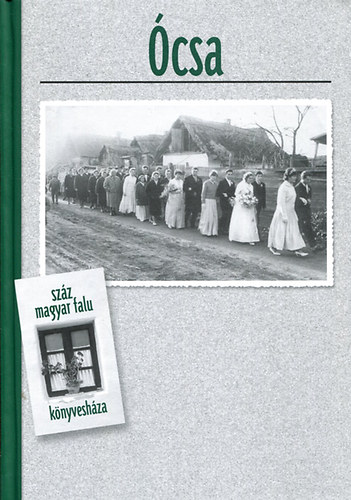Turks, Moors, and Englishmen in the Age of Discovery
columbia university press | 1999 | papír / puha kötés | 268 oldal
A termék megvásárlásával
379 pontot szerezhet
Beszállítói készleten
Személyes átvétel 6-8 munkanap
Ingyenes
Házhoz szállítás 6-8 munkanap
15 000 Ft felett ingyenes
| Állapot: | közepes állapotú antikvár könyv - aláhúzásokkal |
|---|---|
| Néhány szóbeírással | |
| Kiadó | columbia university press |
| Kiadás éve | 1999 |
| Oldalak száma: | 268 |
| Súly | 300 gr |
| ISBN | 2399994269615 |
| Árukód | SL#2108558806 |
| Kötés | papír / puha kötés |
Vásárlói értékelések, vélemények
Kérjük, lépjen be az értékeléshez!
A termék megvásárlásával
379 pontot szerezhet
Beszállítói készleten
Személyes átvétel 6-8 munkanap
Ingyenes
Házhoz szállítás 6-8 munkanap
15 000 Ft felett ingyenes


